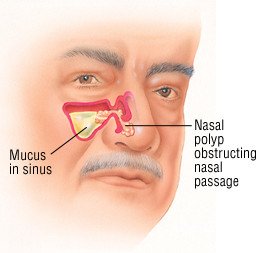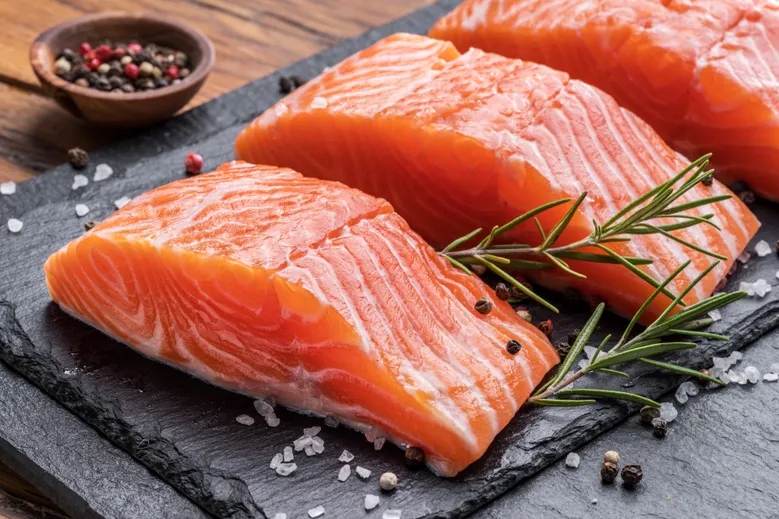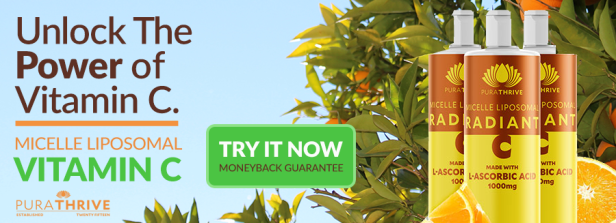
Nasal polyps are the non-malignant outgrowths of the inflamed nasal mucosa and sinuses. These polyps are usually in the shape of a teardrop. The symptoms of polyps include difficulty in breathing through the nose, reduced sense of smell, postnasal drips, runny nose, headache, cough, facial pain and pressure around the sinuses, etc.
Nasal polyps are actually in the inflamed mucosa and the most effective treatment is to reduce the inflammation. Anti-inflammatory medicines are prescribed to the patients, but physicians encourage patients to consume a diet full of organic anti-inflammatory components to reduce inflammation. The diet generally includes food rich in omega-3-fatty acids, quercetin, vitamin C and A, and beta carotenes, etc.
Food that reduces inflammation
Food rich in unhealthy fats and simple carbohydrates promote inflammation. However, omega-3-fatty acids such as those found in flax seeds, walnuts, soybeans, cold-water fish such as salmon, and halibut reduce inflammation.

Flavonoids such as quercetin are antioxidants that reduce inflammation of the nasal mucosa and alleviate breathing difficulty and loss of smell. These aid in scavenging the free radicals in the body and help to fight against inflammation. The flavonoids are present in many naturally occurring plants such as red onions, apples, broccoli, citrus fruits tea, red wine, etc. The structural elements of quercetin helps to prevent nasal polyps.
Food rich in vitamins and minerals are also helpful to reduce inflammation and play a role in the shrinkage of nasal polyps. The minerals such as zinc and magnesium have proven to be very effective in their anti-inflammatory properties. Food such as leafy green vegetables, legumes, nuts and seeds, salmon, chickpeas, turkey, and yogurt are rich in magnesium and zinc.
Vitamin A and beta-carotenes are helpful to protect the sinuses from inflammation and reduce the occurrence of nasal polyps. Vitamin A is specifically essential for the protection of the membranes of the sinuses. It is also a strong anti-oxidant that reduces the inflammation to shrink the size of polyps so that patients can breathe easily. It relieves the headache and reduces the pre-exposure to the allergens to reduce cough and facial pain due to the pressure in the sinuses. Vitamin E is consumed along with vitamin A to promote anti-oxidant activity. Vitamin C is also an anti-oxidant that aids in the apoptosis of free radicals to reduce inflammation and alleviate headaches, pressure on the sinuses, and the size of nasal polyps. A high concentration of vitamin C in the body helps to inhibit the release and promotes the breakdown of histamine to reduce inflammation.
Selenium is a trace element with rich anti-oxidant properties and reduces the size of nasal polyps to alleviate all the associated symptoms. Foods such as mushrooms, shrimp, and Brazil nuts are rich in selenium.
If you use vitamin C supplements, be aware that most are unfortunately in non-absorbable form. The best forms available are Liposomal Vitamin C.
Liposomal vitamin c loads up your immune system cells, to fight against all forms of illness. The antioxidant will fight against free radicals in your body, while stimulating the growth of disease-fighting cells and encourage the production of important antibodies. This gives your immune system a super boost.
We recommend PuraTHRIVE’s Micelle Liposomal Vitamin C, which is nanoencapsulated using two cutting-edge formulation techniques, liposomal and micellar delivery.
This is the highest-potency vitamin C available on the market, and unlike other products, it’s delicious!
